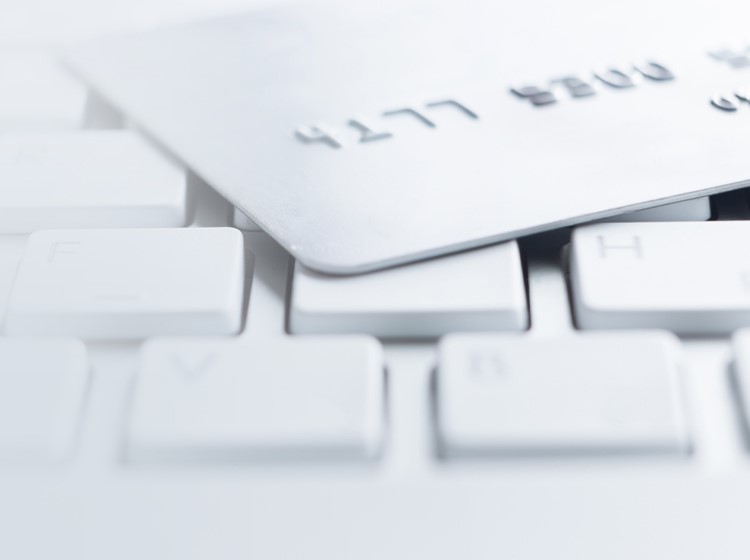Insurance overview
Cybercrime is on the rise, which means protecting your data and privacy is now as vital as protecting your home. That's why NFU Mutual Bespoke Home Insurance includes Personal Cyber cover as standard.
Personal Cyber cover through NFU Mutual Bespoke Home Insurance gives you peace of mind. With dedicated support and cover up to £50,000 a year should you fall victim to cybercrime, plus access to a free 24/7 Cyber Assistance Helpline.
The Cyber Assistance Helpline experts can assist with all types of issues, from general queries to offering immediate resolution support in the event of a cyber attack.
What's covered - up to £50,000 towards:
- Restoration and replacement costs following a cyber attack.
- Retrieval of your computer data where possible, including downloaded digital music, digital photographs and digital video.
- Expenses and ransom monies as a result of ransomware and cyber extortion.
- Costs and services incurred due to actual or suspected identity theft.
- Money transferred, costs and charges incurred following credit card fraud or a phishing attack.
- Restoration of smart devices and wearables if they're affected by a cyber attack.
What's not covered:
- Re-purchase of software, software licenses, programmes, digital photographs, music or videos.
- Cyber extortion or ransom monies paid without consultation with our Cyber Assistance Helpline.
- Costs incurred as a result of identity theft to a business that is associated with you.
- Any costs that are reimbursable by your credit card company, bank or other financial institution.
- Cover of connected home device where the default or original password has not been changed.
The NFU Mutual Bespoke Cyber Assistance Helpline is administered by CyberScout and provides 24/7 access 363 days a year, closed Christmas Day and Boxing Day.
A £200 excess applies for all areas of cover except Identity Theft which carries no excess. You must have anti-virus software installed on your computer system.
The features and exclusions listed are not exhaustive. Your cover will depend on your circumstances. You can find further information in the Important Documents section.
A £200 excess applies for all areas of cover except Identity Theft which carries no excess. You must have anti-virus software installed on your computer system.
The features and exclusions listed are not exhaustive. Your cover will depend on your circumstances. You can find further information in the Important Documents section.
